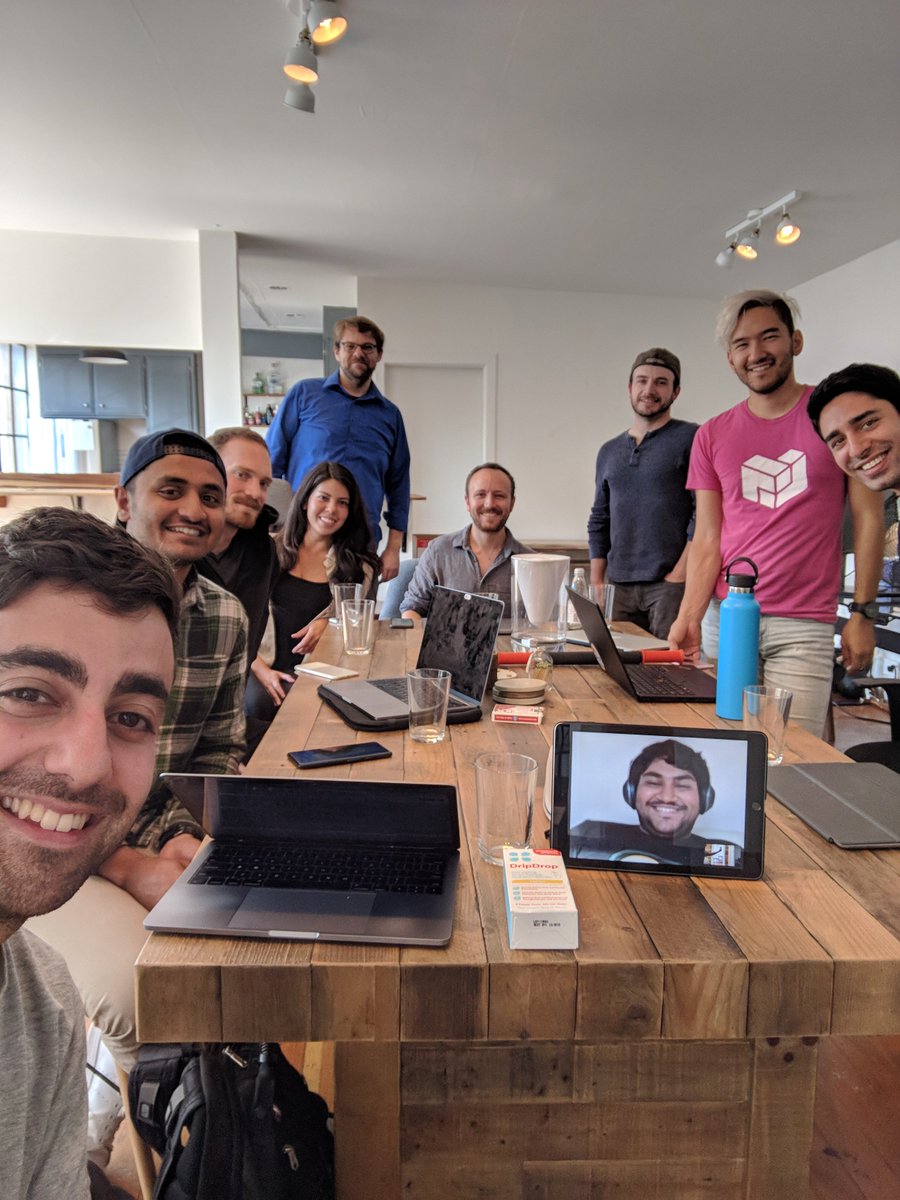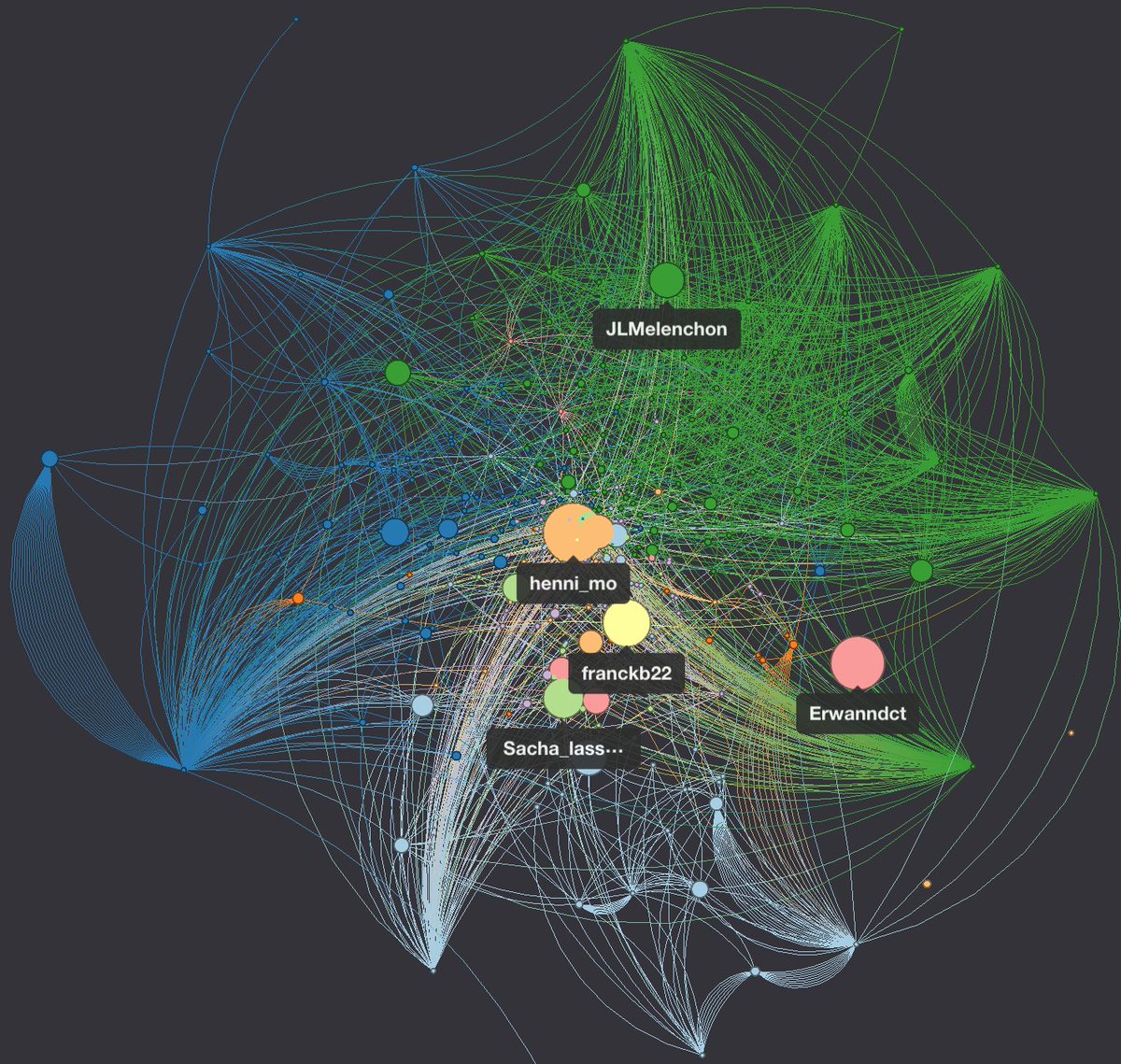Our discussion was inspired by PageRank, EigenTrust, TrustDavis, Social Collateral, PGP, Circles, ...
Some takeaways:

Recourse has been important – i.e. challenging a bad charge.
Ostracizing has also been used – i.e. kicking someone off the network after multiple misbehaviors.
cc Ryne
An example heuristic: “these 5 accounts have 20k exchanges with each other, but never with the outside. They obviously trust each other, but I don’t trust them.”
cc Thor
cc @sidrmsh
Same mechanism exists in the EigenTrust algorithm, which jumps to one of pre-trusted peers.
cc @rsepassi
Revelant: Bayesian Truth Serum
cc @decentralion
cc @nayafia
Social collateral for small amounts of money, no questions asked, composes into graphs which enable you to interact with people you don’t directly trust.
cc @danfinlay
Missed @robbiebent1 at this one, but took inspiration from his community magic.
Looking forward to more jams in the future!








